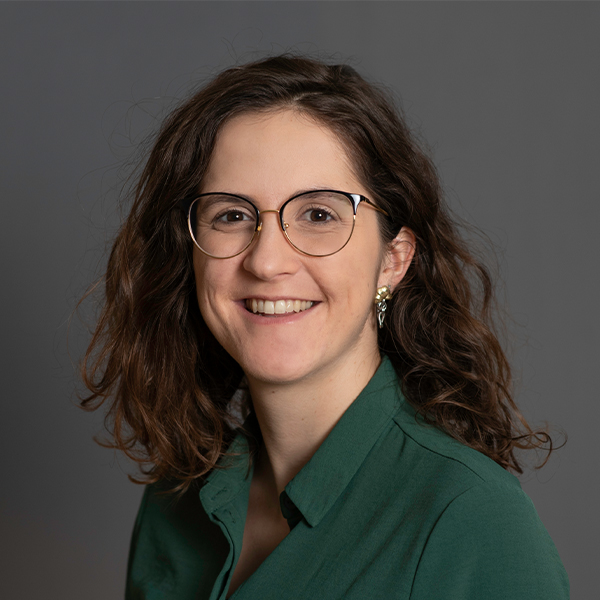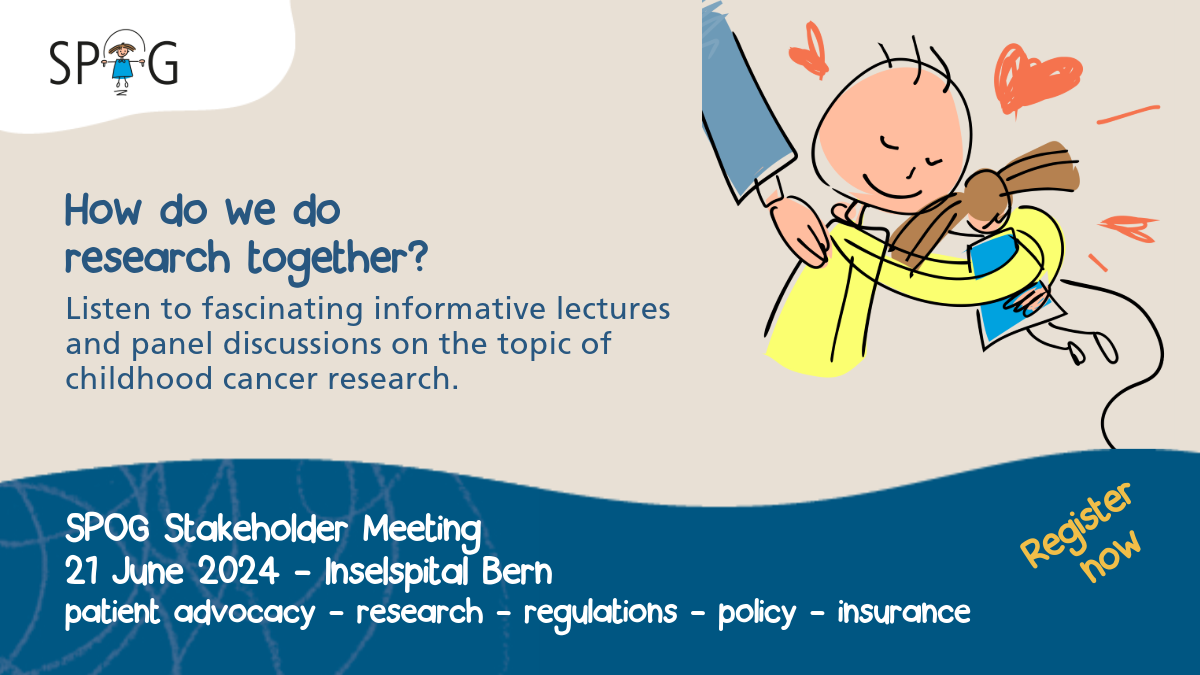Listed below are some terms and some basic information relating to the topic of bequests and legacies. This information can help you to make an informed decision while at the same time making a valuable contribution to research into and the treatment of cancer in children and adolescents.
Will: A person’s final, written declaration of their wishes concerning the distribution of their estate after their death.
Executor: A person nominated by the testator who implements the wishes expressed by the testator in their will. It is advisable to nominate a specialist in the field.
Legacy: Legacy is the term used for the assets left by the testator when they die.
Bequest: The assignment in a will of individual items of property or a specific sum of money to a person or organisation without designating them an heir.
Gift: The assignment of money or material assets during a person’s lifetime.
Compulsory share: The share or portion of the legal inheritance of which an heir cannot be deprived.
Freely disposable portion: The share or portion of the estate that does not belong to a compulsory share. You can bequeath this freely disposable portion to a person or organisation of your choice as an heir or legatee. The current inheritance law stipulates that the freely disposable portion shall comprise at least half of the estate in all cases.
Power of attorney: A power of attorney ensures that your wishes and interests are respected should you lose your mental capacity and that you are represented by the person of your choice.
By leaving a legacy or making a bequest to the Swiss Paediatric Oncology Group (SPOG) you can support clinical research into childhood cancer and thus help affected children and adolescents directly. As a donor you are free to stipulate which project will benefit from your money.
However, it is important to note that years, if not decades, usually pass between the writing of a will and the date on which the funds actually become available. It is therefore advisable to get in touch with SPOG so that an intended purpose can be determined together. If you leave a legacy or make a bequest to SPOG, inheritance tax will not be deducted from it because SPOG, as a recognised non-profit organisation, is exempt from inheritance tax.
If you have any questions or need more information, please get in touch directly with the contact person for bequests and legacies at SPOG. Flora von Holzen looks forward to hearing from you at flora.vonholzen@spog.ch or by phone on +41 31 508 42 46.
We hope this glossary provides you with a good idea of the most important terms and questions relating to the topic of bequests and legacies. Please don’t hesitate to contact us if you have any further questions.
Our guide to making a will, which you can order free of charge here, contains more information (it is available in German or French).






